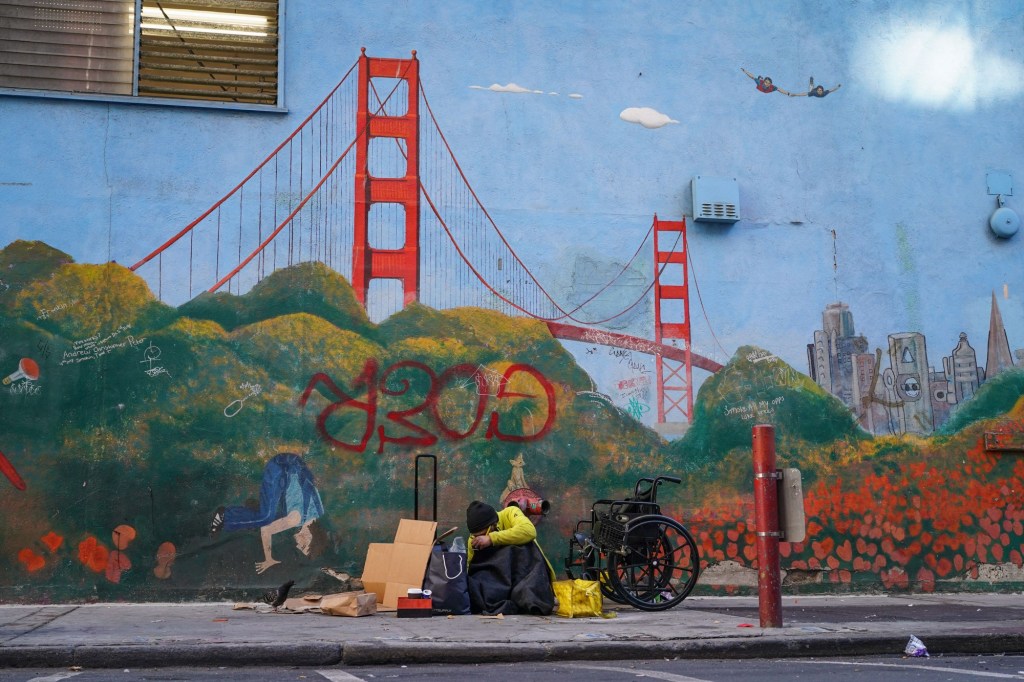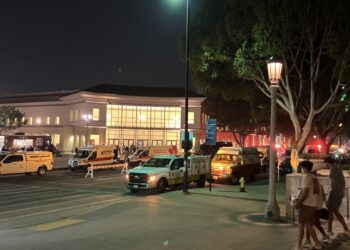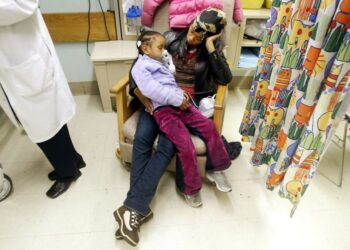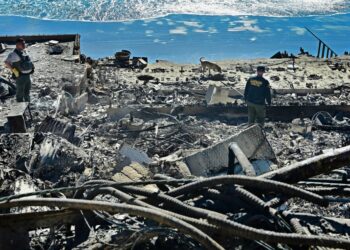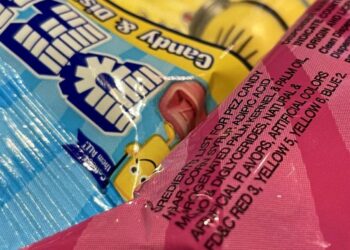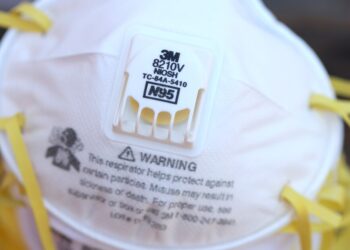Ronnie Cohen | KFF Health News (TNS)
Raymond Llano carries a plastic bag with everything he owns in one hand, a cup of coffee in the other, and the flattened cardboard box he uses as a bed under his arm as he waits in line for lunch at Glide Memorial Church in San Francisco. At 55, he hasn’t had a home for 15 years, since he lost a job at Target.
Llano once tried to get on public assistance but couldn’t — something, he said, looking perplexed, about owing the state money — and he’d like to apply again.
But beginning next year, if he does, he’ll face a new city requirement that single adults with no dependents who receive cash benefits be screened for illegal drug use and, if deemed necessary, enter treatment. San Francisco’s voters approved the new mandate in March.
Llano has no objection to being screened. He said he uses cannabis, which is legal in California, though not federally, but does not use other drugs. Nonetheless, he said, “I suppose I would try recovery.”
Another man in the free-lunch line, Francis Farrell, 56, was far less agreeable. “You can screen me,” he said, raising his voice, “but I don’t think you should force me into your idea of treatment.”
No one will be forced to undergo substance abuse treatment, nor will anyone be subject to drug testing, San Francisco officials insist. Rather, starting in January 2025, San Francisco’s public assistance recipients who screen positive for addiction on a 10-question drug abuse test will be referred to treatment. Those who refuse or fail to show up for treatment will forfeit the $109 a month that the city grants to homeless adults who qualify for city shelters or supportive housing, or the $712 a month it grants to adults with home addresses.
The city famous for its tolerance is resorting to tough love.
Trent Rhorer, executive director of the San Francisco Human Services Agency, cited three reasons for the new measure, which was fashioned after similar policies in Los…
Read the full article here

